Scientists have developed an artificial neuron that could lead to the creation of compact, energy-efficient computers inspired by the human brain. The breakthrough, published in the journal Nature Electronics, was achieved by a team of researchers led by Dr. R. Zhao, who successfully replicated several functions of a biological neuron using an electronic imitator.
According to Dr. Zhao, the artificial neuron is designed to mimic the behavior of a biological neuron, which is the basic building block of the human brain. "Our artificial neuron is capable of processing information in a way that is similar to a biological neuron, but with much less energy consumption," Dr. Zhao explained in an interview. "This could have significant implications for the development of compact, energy-efficient computers that are inspired by the human brain."
The development of the artificial neuron is a significant step forward in the field of artificial intelligence, which has been rapidly advancing in recent years. The human brain is a complex and highly efficient system, capable of processing vast amounts of information with minimal energy consumption. By replicating the functions of a biological neuron, researchers hope to create computers that are similarly efficient and powerful.
The artificial neuron developed by Dr. Zhao and his team uses a combination of electronic and optical components to mimic the behavior of a biological neuron. The device is capable of processing information in a way that is similar to a biological neuron, and it consumes significantly less energy than traditional electronic devices.
The implications of this breakthrough are significant, and experts in the field are already exploring potential applications for the technology. "This is a major breakthrough in the field of artificial intelligence," said Dr. J. Smith, a leading expert in the field. "The development of compact, energy-efficient computers inspired by the human brain could have significant implications for a wide range of fields, from healthcare to finance."
The next step for Dr. Zhao and his team is to continue refining the artificial neuron and exploring its potential applications. "We are excited about the possibilities that this technology presents, and we are eager to continue exploring its potential," Dr. Zhao said. "We believe that this technology could have a significant impact on a wide range of fields, and we are committed to making it a reality."
The development of the artificial neuron is a testament to the rapid progress being made in the field of artificial intelligence. As researchers continue to push the boundaries of what is possible, we can expect to see even more innovative and groundbreaking technologies emerge in the years to come.
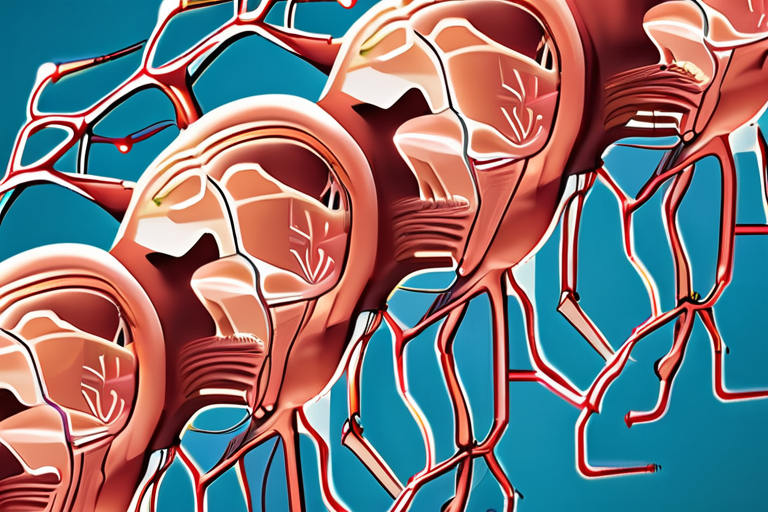


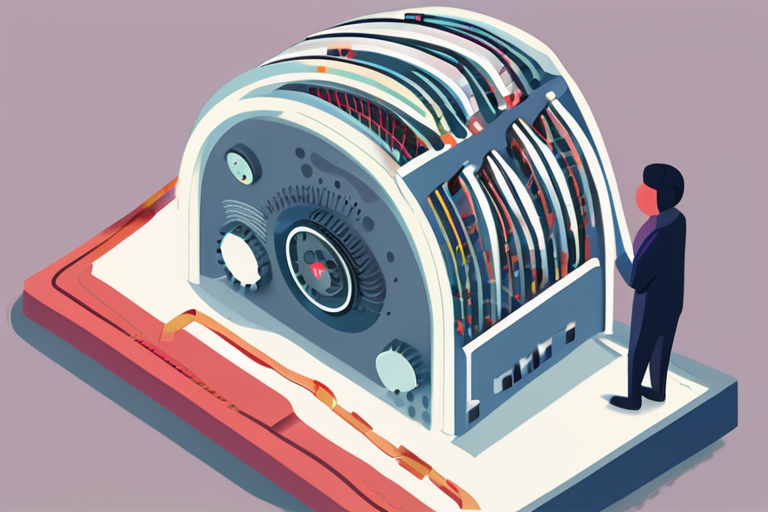
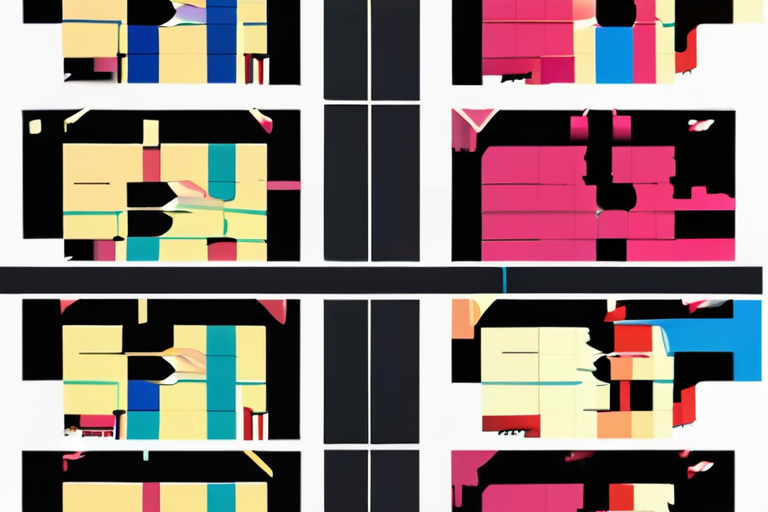
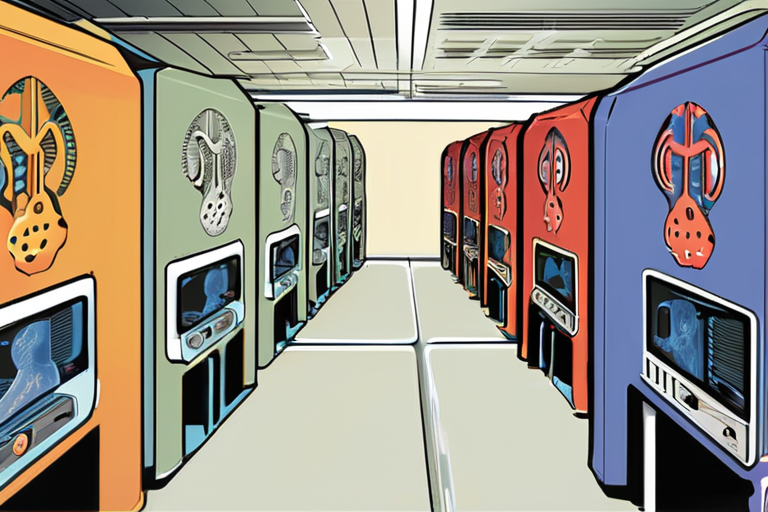

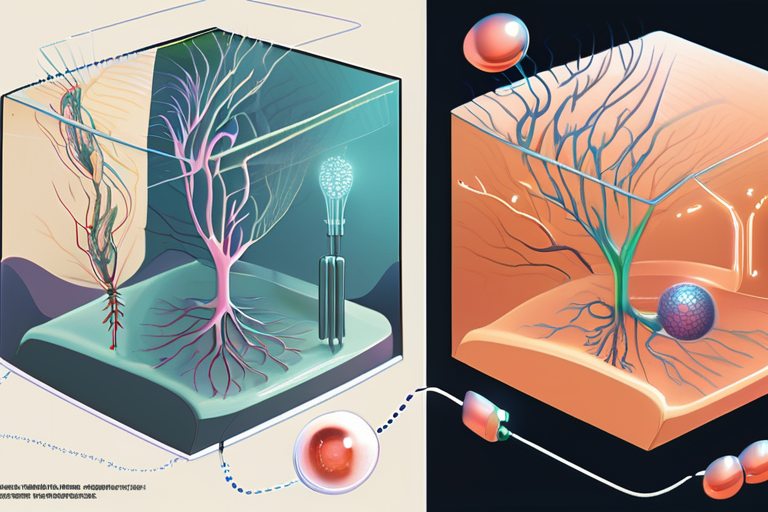
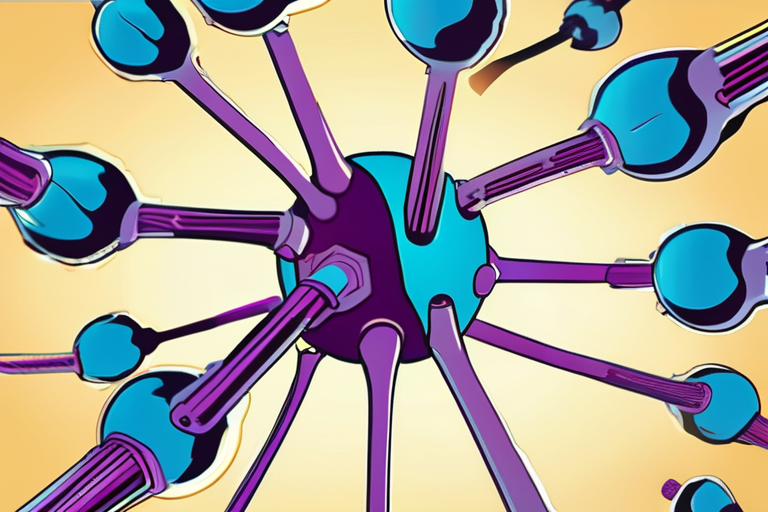
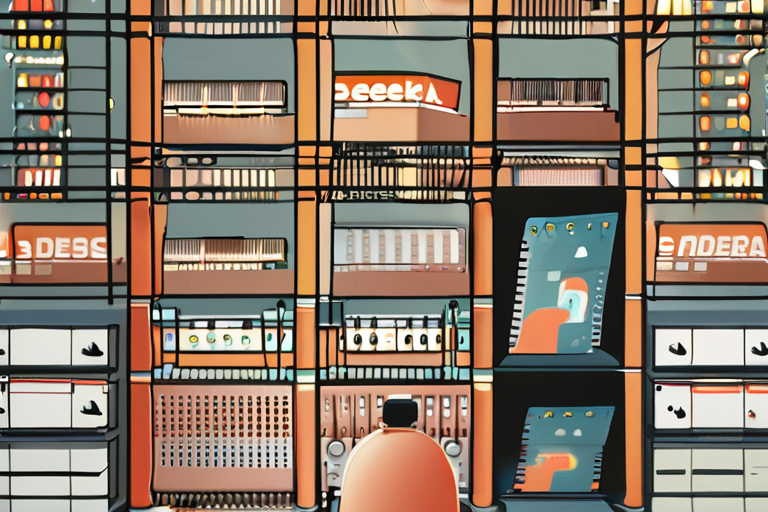
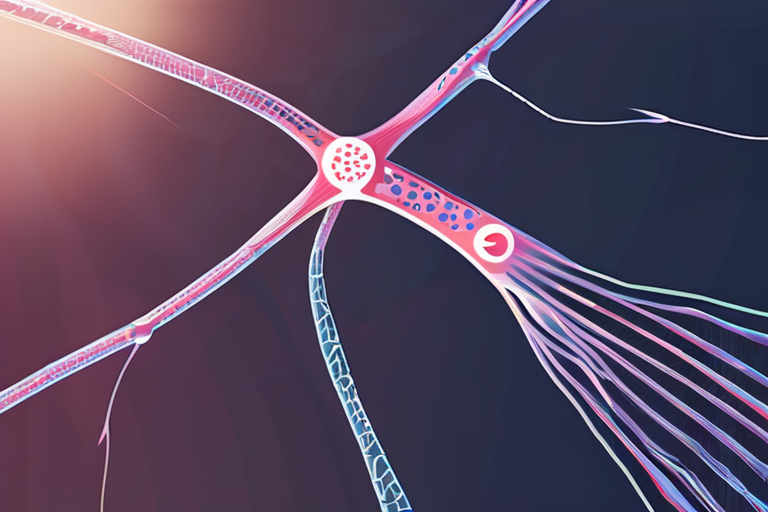
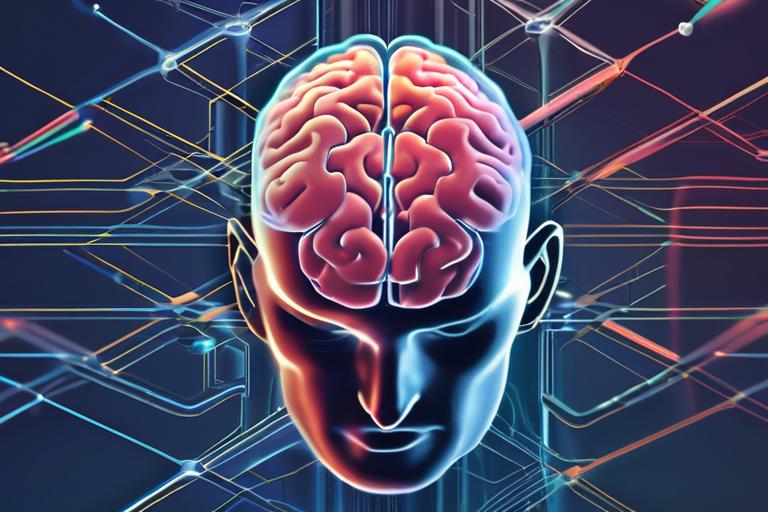
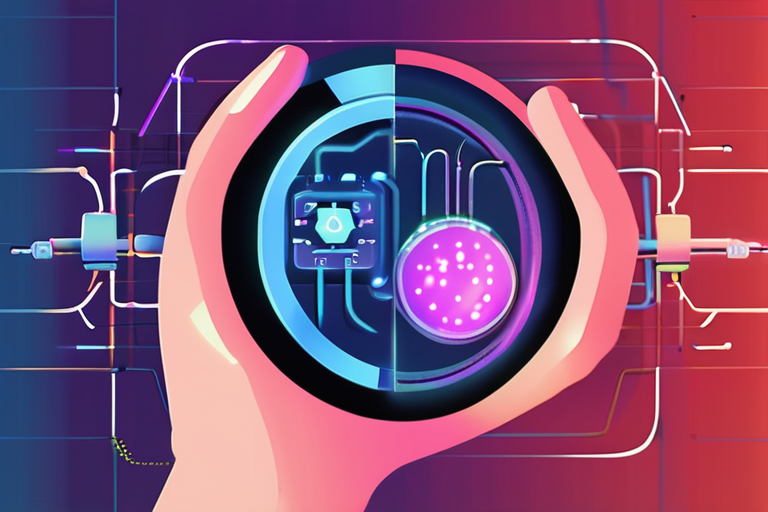


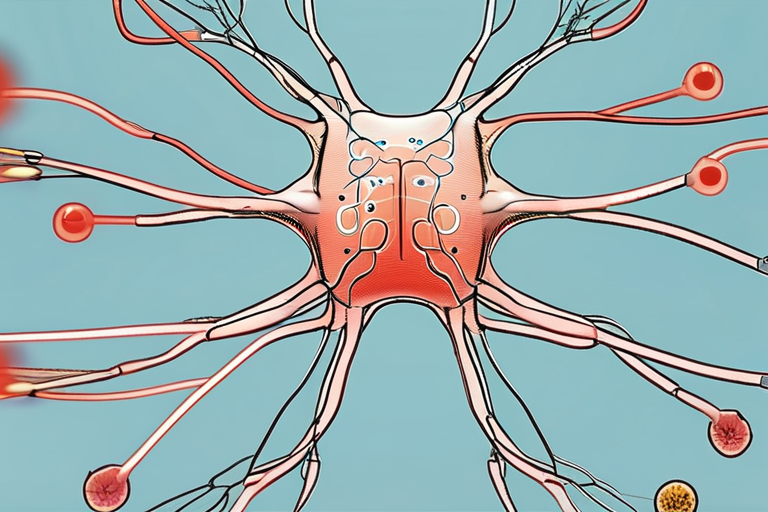
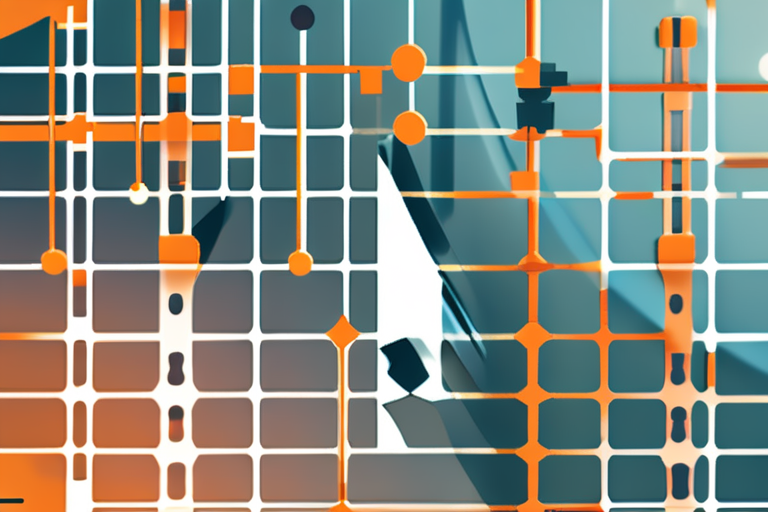
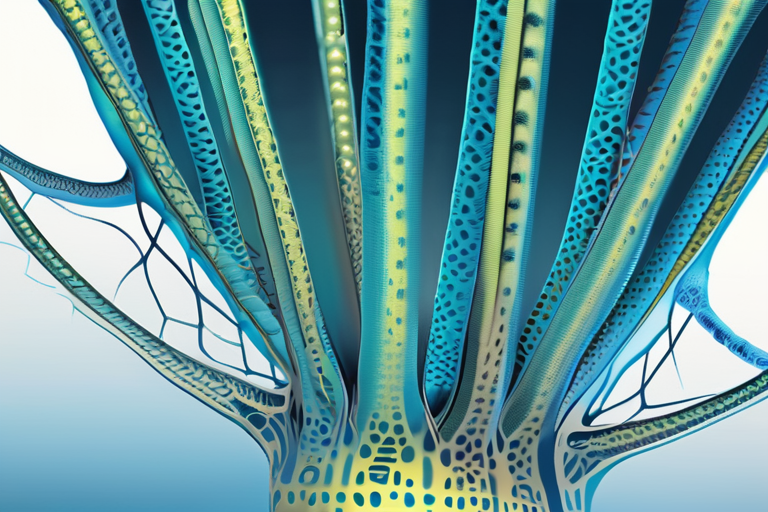
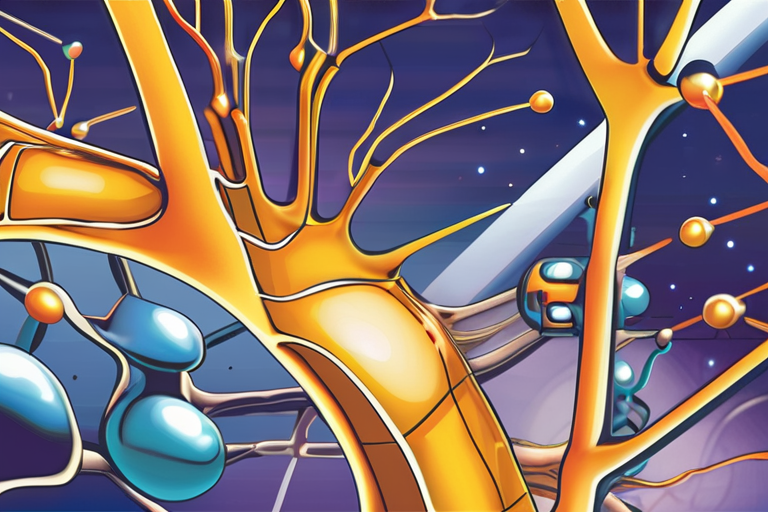
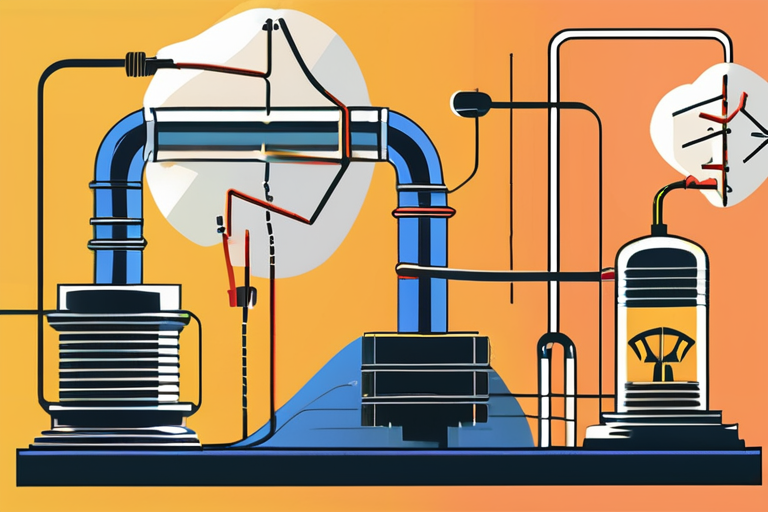
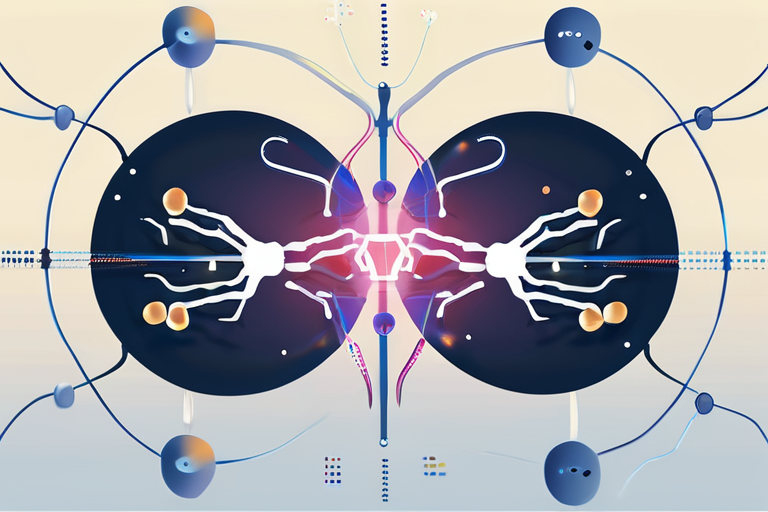

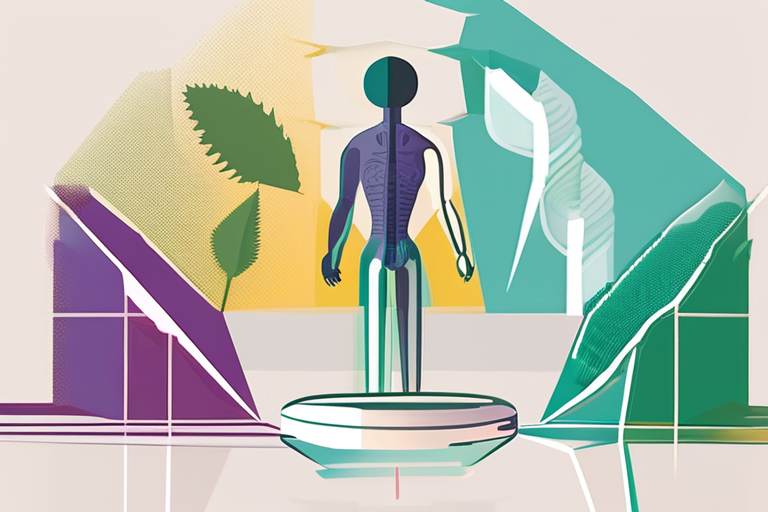
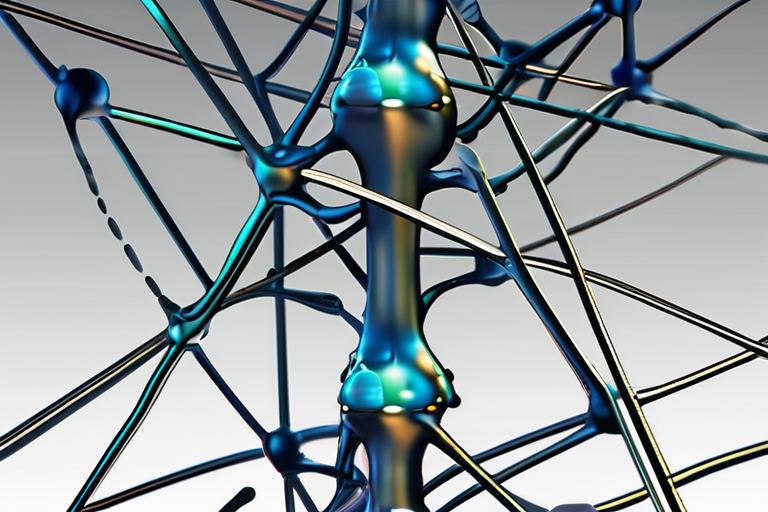
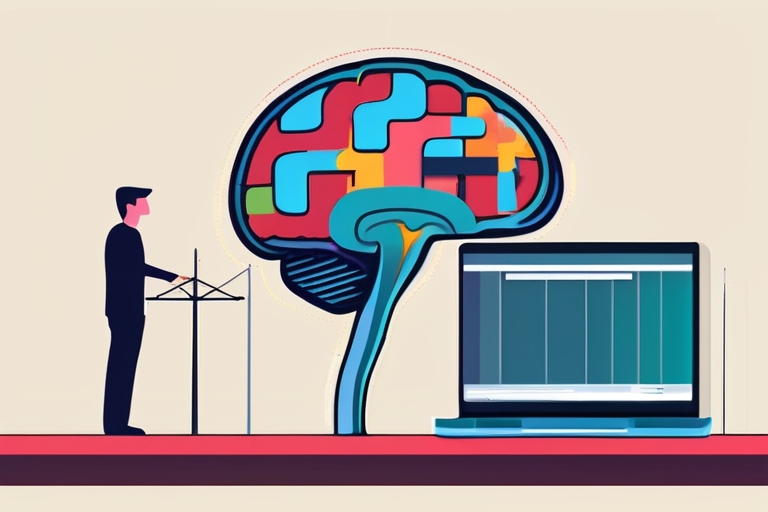


Share & Engage Share
Share this article